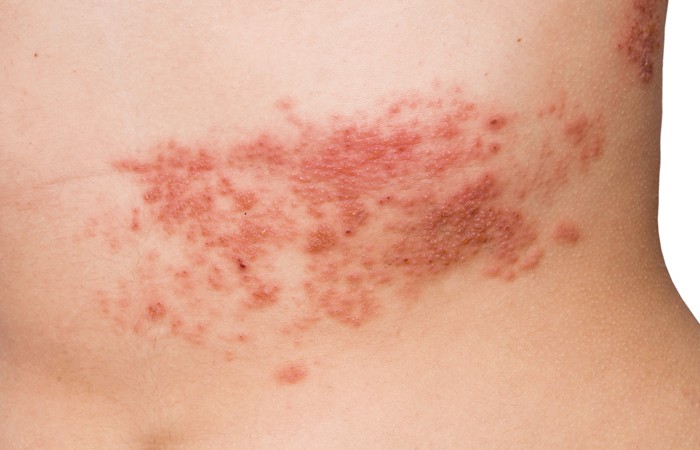News 
Shingles increases CV risk

Growing evidence links varicella zoster virus, the only human virus known to replicate in arteries, to an increased risk of vascular disease.
Now an American study of 205,030 people reports that herpes zoster (HZ) increases the risk of a major cardiovascular event by almost 30 per cent – a risk that may persist for at least 12 years after a bout of shingles.
The GSK-funded study documented 3,603 new strokes and 8,620 incident coronary heart disease (CHD) cases. People without a history of HZ acted as controls. Allowing for confounders, stroke risk was 5 per cent higher one to four years since HZ, which was not statistically significant, and 38 and 28 per cent higher five to eight and nine to 12 years after shingles compared with controls.
The 19 per cent increased risk after at least 13 years was not significant. CHD risk was 13, 16 and 25 per cent higher at one to four, five to eight and nine to 12 years after singles respectively. No significantly increased CHD risk persisted after 13 years.
“Our findings suggest there are long-term implications of shingles and highlight the importance of public health efforts for prevention,” says lead author and epidemiologist Dr Sharon Curhan from Brigham and Women’s Hospital, Boston.
“Shingles vaccination could provide a valuable opportunity to reduce the burden of shingles and reduce the risk of subsequent cardiovascular complications. We are currently collecting vaccination information among our participants and hope to conduct these studies in the future.” (J Am Heart Assoc
2022; 11:e027451)
Sponsored
 Sponsored education
Sponsored education
Helping vapers find a path to quit
Help vapers find a path to a nicotine-free life when they are ready to quit with the first NRT product licensed for this indication
 Sponsored education
Sponsored education
Managing fever in children
Get to grips with the current guidance on managing fever in children and how antipyretics can help, and discover products you can recommend.

Record my learning outcomes